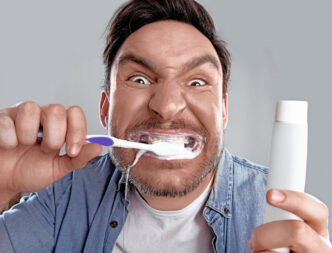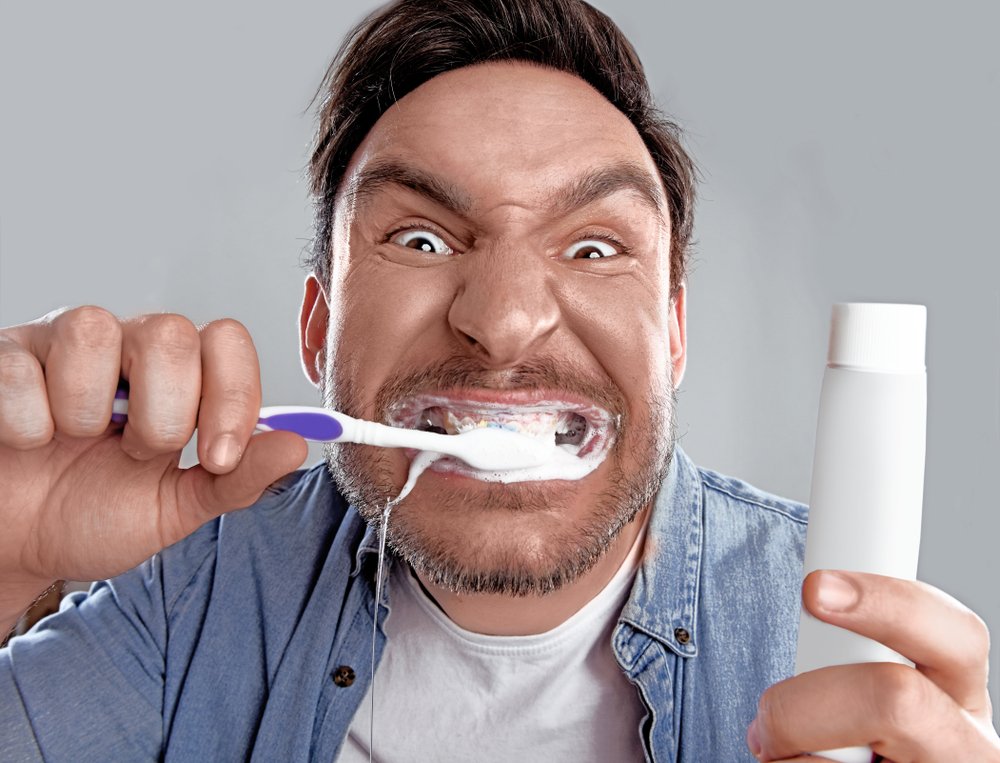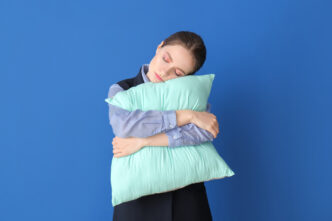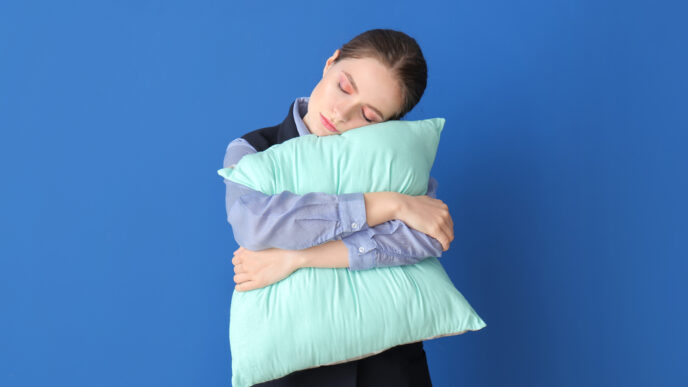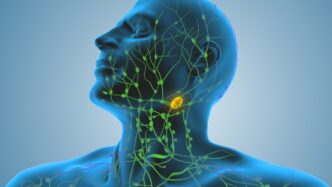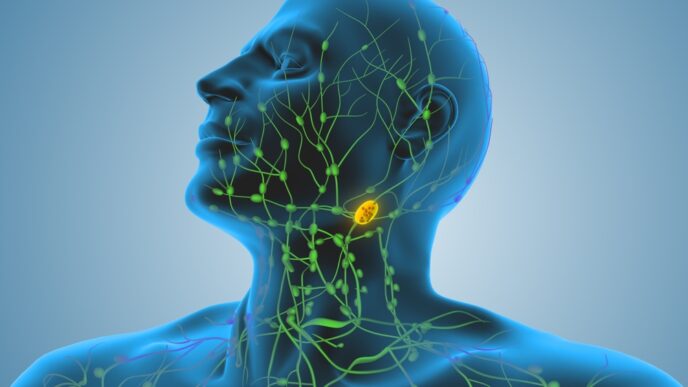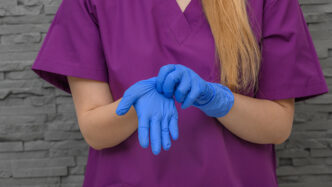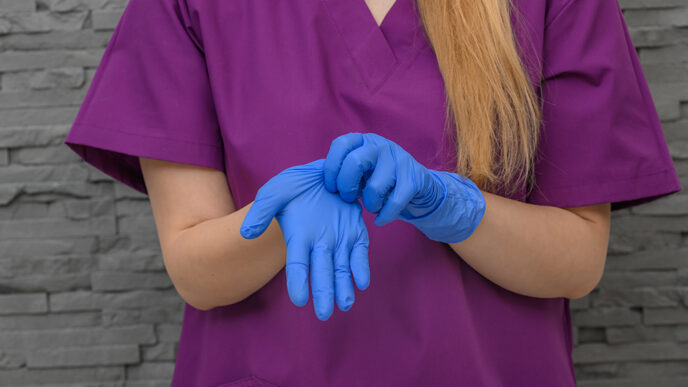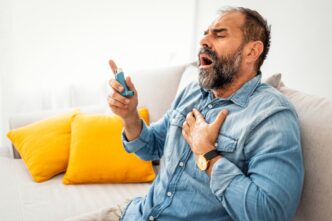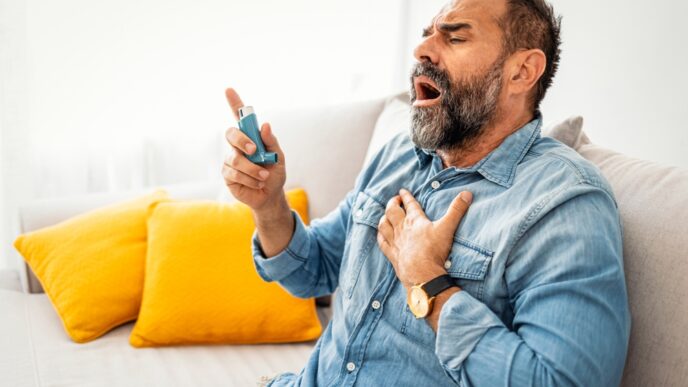The human mouth, just like the gut and other parts of the body, contains good and bad bacteria. Good oral health is defined by maintaining an optimum number of good bacteria against bad bacteria in the mouth. This can only be attained through practicing good oral hygiene, having a healthy diet, and having a healthy body.
WORDS DR LAU LAKE KOON
 FEATURED EXPERT FEATURED EXPERTDR LAU LAKE KOON Implant and Aesthetic Dentist Koks Dental Surgery |
HOW LONG SHOULD I BRUSH MY TEETH?
Brushing your teeth for approximately 2 minutes each time should be enough to keep the teeth clean.
IS THERE A PROPER AND CORRECT WAY TO BRUSH MY TEETH?
Generally, I recommend brushing with the Bass technique. It is gentle on gums and effective at preventing gingivitis, the early stage of gum disease.
- Hold the toothbrush at about a 45° angle toward the gumline, so the bristles partly cover the teeth and partly the gums.
- Perform gentle, short back-and-forth vibrations (think tiny wiggles, just a few millimeters). This is to get the bristles into the little groove where the tooth meets the gum.
- After doing the above for a few seconds, sweep the bristles down (for upper teeth) or up (for lower teeth) to flick away loosened plaque and food particles.
- Do the above steps on a few teeth at a time as you work your way around your mouth.
- Once you have completed cleaning the outer surface of your teeth, repeat on the inner surface.
WHY DO I NEED TO BRUSH MY TEETH BEFORE GOING TO BED?
It is important to brush your teeth at night, right before sleeping.
- It is during our sleep that our mouths have a warm, stable environment that goes uninterrupted for hours.
- This kind of environment is most suitable for bacterial growth.
- If there are food debris and bacteria in the mouth, bacteria will grow exponentially.
- This can increase the risk of developing cavities and the formation of tartar, which is the plaque that stays and hardens on your teeth and in turn leads to gum disease.
SHOULD I GET AN ELECTRIC TOOTHBRUSH?
In my opinion, it is not necessary for most people to use an electric toothbrush.
People that do benefit from an electric toothbrush are:
- Those that are unable to use a manual toothbrush properly, such as people with hand mobility issues such as arthritis and peripheral neuropathy.
- People with very bad dental conditions
- People whose teeth have severe stains from smoking or drinking tea, coffee, or wine
Note that using an electric toothbrush too often (over-brushing) can cause the hard outer layer of the tooth, the enamel, to wear out and become sensitive.
DOES WHITENING TOOTHPASTE WORK?
Whitening toothpastes contain higher levels of abrasive particles, hence they are more effective in removing stains and debris on the teeth.
However:
- Whitening toothpastes are more effective in removing tooth stains, so the teeth looks cleaner — but NOT whiter.
- Such toothpastes have no effect on unstained teeth.
If You Really Want to Whiten Your Teeth
Dentists can perform professional whitening using approved chemicals with or without laser treatment.
- This whitens the teeth beyond their original colour.
- There is no long-term side effects from this procedure.
I BRUSH MY TEETH DAILY BUT I STILL HAVE BAD BREATH. WHY IS THAT?
Most cases of bad breath are caused by:
- Ineffective brushing techniques
- Not flossing
- Not keeping the tongue clean with a tongue cleaner
- Indigestion issues
HOW DO I CARE FOR MY CHILD’S TEETH?
After Birth
Gently wipe your baby’s gums with a clean wet cloth after every milk feeding.
6 Months Old
- The first front teeth will appear when the baby is approximately 6 months old.
- Continue wiping with a clean wet cloth until the age of 1 to 1.5 years old.
- Make sure to clean your child’s teeth before they go to bed and upon waking up every morning.
1.5+ Years Old
- Parents can start using small baby toothbrushes to brush their child’s teeth.
- Brush the child’s teeth first, then let the child practice brushing after.
- This should go on until the child is 7 years of age.
- After that, continuous supervision should be sufficient.
Use non-fluoride toothpaste until the child is able to stop from swallowing toothpaste, usually by 7 years of age.
Parents should also bring their children for dental check-ups every 6 months, as there are many changes happening in a growing child’s teeth.
| This article is part of our series on health issues and advice related to oral health. |

